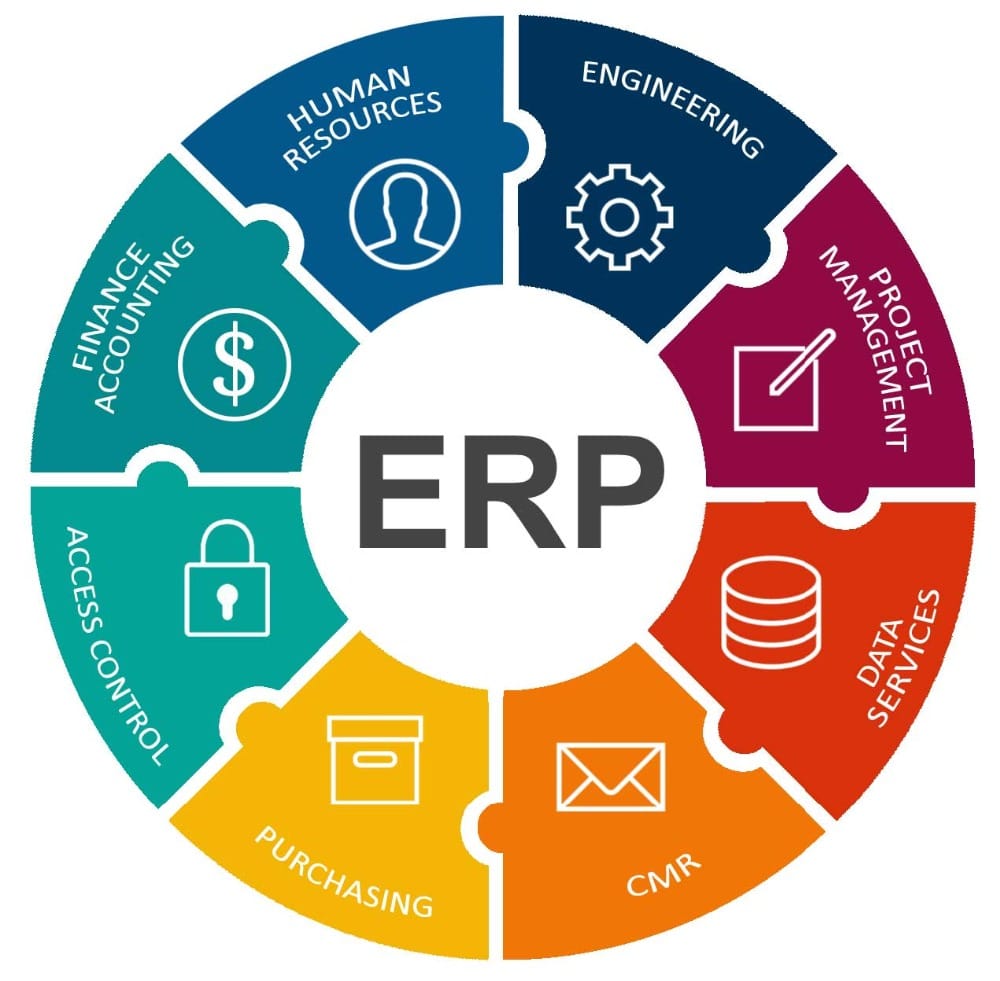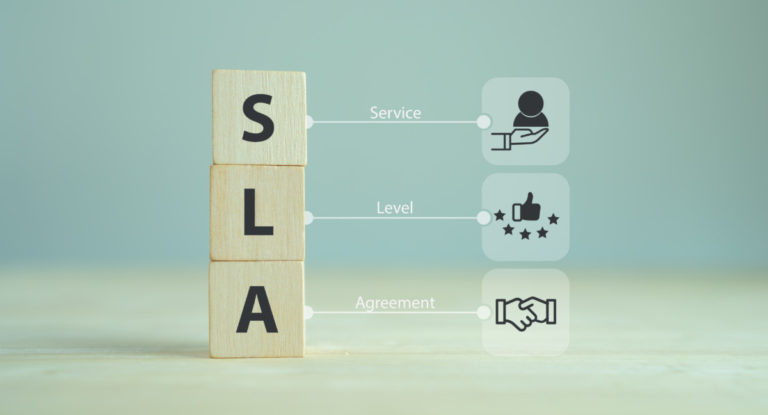ERP (Enterprise Resource Planning) is the central element of an enterprise management system that allows you to manage its resources and plan for their optimal use. Today, most organizations need to meet this challenge in a rapidly changing business environment.
ERP management system
The company must have time to respond to changes in a timely manner and anticipate them, act projectively. Organizations need to manage to assess their performance, uncover the reasons for its decline and find opportunities to improve efficiency, often using the changes themselves as a source of ideas and opportunities for development.
At the same time, it is the ERP solution that forms the complete picture of the work of a geographically distributed enterprise and the partner cluster that has developed around it, uniting outsourcing companies and participants in extended supply chains, which is necessary for top managers. And it is with the help of ERP-systems that managers conduct managerial experiments and develop a strategy for the development of enterprises, and then control its implementation.
Today, the value of a well-built and well-functioning ERP system for an enterprise is really hard to overestimate, because ways to improve efficiency need to be found not once, but constantly. Finding again and again ways to use resources more efficiently: people, finances, goods and services, production … – in fact, all the assets of the enterprise.
At present, the set of management tasks that are relevant for the customer, which form the requirements for new ERP solutions, has become clear. There has also been a circle of information technologies that allow (when used together as part of ERP systems) these tasks to be solved, which can already be relied upon because of their sufficient maturity and which have sufficient development potential, that is, remain promising. Combining tasks and technologies, we can outline the most important directions for changing the ERP market in Russia. It is important for customers and implementing companies to know them so as not to pursue false goals.
First task. Today, the enterprise management system must dramatically increase its ability to cope with a significantly accelerated stream of changes occurring both inside and outside the organization. Everything changes at once: the competitive environment, the labor market, information technology, geopolitical risks, restrictions from regulators, management trends, etc. And all this must be taken into account.
Introduction of ERP systems
Change is no longer a rare event that can be experienced. Now they happen all the time, which has completely changed the requirements for ERP systems and the way they are implemented. The quality of managing a constantly changing enterprise in a rapidly changing environment, as well as its ability to use every change for development, has become one of the main competitive advantages.

In addition, now everyone is striving not just to implement an ERP solution, but immediately turn it into a kind of digital platform that will develop together with the enterprise and its management system, allowing it to manage its resources efficiently at any moment, and also making it easier somewhere even removing the human factor (for example, through robotization). The deepening of automation and the application of robotics is a deep long-term trend. Today it relies on algorithmization technologies, continuous improvement and robotization of processes (business process management, process mining and robotic process automation, respectively). Routine processes can already be completely or very deeply robotized, eliminating all the negative manifestations of the human factor.
ERP systems for business
And at the same time, any processes – robotic or not – can be quickly adjusted to the tasks of the business, identify and eliminate problems and roughness of the initial decisions. Today, more or less successful experiments are already taking place on the use of machine learning and “weak AI” in the field of ERP and management. If these experiments continue, and the experience gained is critically comprehended, then in a year or two these technologies can already be confidently applied in ERP systems.
Russian enterprises are gradually moving towards data-driven management, or ddm. To support this trend, a lot of changes need to be made to ERP: improve integration mechanisms with various business software, introduce data improvement systems (for example, those that prevent errors associated with inattention to the metrological features of data arrays), deploy Big Data systems, and feed them data.
It is equally important to start training data scientists and teach managers and employees to interact productively with them. DDM changes not only the composition of the ERP solution, but also the technology of their implementation: customers tend to quantify the effect of any innovations, and if this effect is lower than expected, apply corrective actions (for example, process mining). At the same time, there is a palpable desire to receive such assessments as quickly as possible, to embed data-based solutions in adaptive technologies for the implementation and development of ERP solutions.
If in 2018 this was an option chosen by individual customers, now interest in adaptive projects has grown significantly. For our clients, many doubts disappeared when we developed an original ERP project management technology that combines Agile with traditional “waterfall” methods of planning goals, stages, and resource use. The combined technology has enabled adaptive implementation methods to be much better integrated into the existing enterprise decision-making system.
News on the ERP-systems market
All these changes together led to a qualitative leap: a new class of solutions appeared on the Russian market – i-ERP systems. In them, ERP services proper (various types of accounting and resource planning) are deeply and seamlessly integrated with services based on new information technologies, which I mentioned above.

Integration is carried out both at the level of data exchange and in terms of centralized management of services. This, in particular, allows during the implementation and operation of the system very quickly (using a simple reconfiguration or checkboxes) to connect and change the mode of operation of modules of various technologies, whether it be artificial intelligence, software robots or process improvement. Only with such flexibility can one be sure that the enterprise management system will be able to keep up with the needs of the business in its development.
Our company saw this because it was a pioneer both in the use of Agile / DevOps in the implementation of ERP systems, and in terms of readiness to create i-ERP solutions based on 1C software products for large enterprises. Therefore, in 2019 we created a number of technological platforms, including a system for integrating services in ERP and i-ERP class solutions. They remove the contradiction between the requirement for high flexibility and speed of change, on the one hand, and the complexity of integration tasks, on the other.
The role of the ERP information system in digitalization
As you know, 2019 was marked by preparations for the digitalization of the economy and public administration. Giant companies basically formed the vision, concepts and roadmaps of digital transformation. But some large Russian enterprises, including a number of our clients, have already completed such projects on their “combat” systems and have achieved a great effect.
The experience gained shows that the seamless connection of ERP with new information technologies using ready-made technology platforms, the application of adaptive management practices for the creation of ERP systems, as well as the introduction of i-ERP class systems will greatly help customers in digital transformation. It is very likely that they will become the most significant trend in the Russian IT market in 2020.










